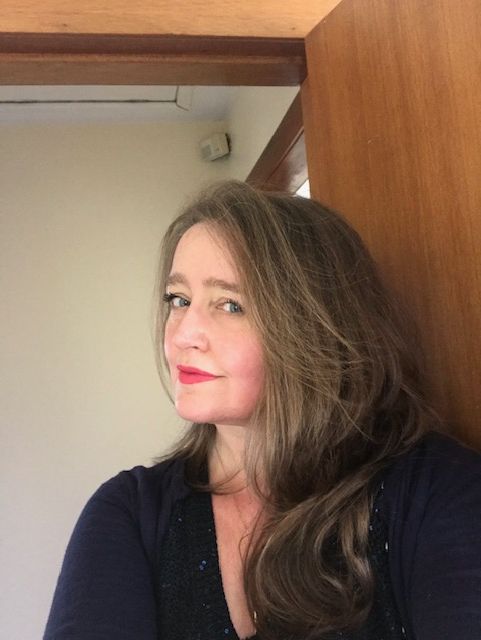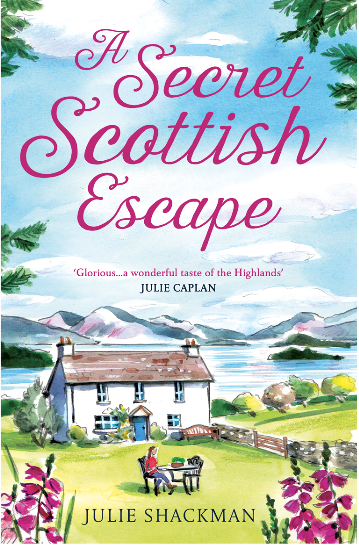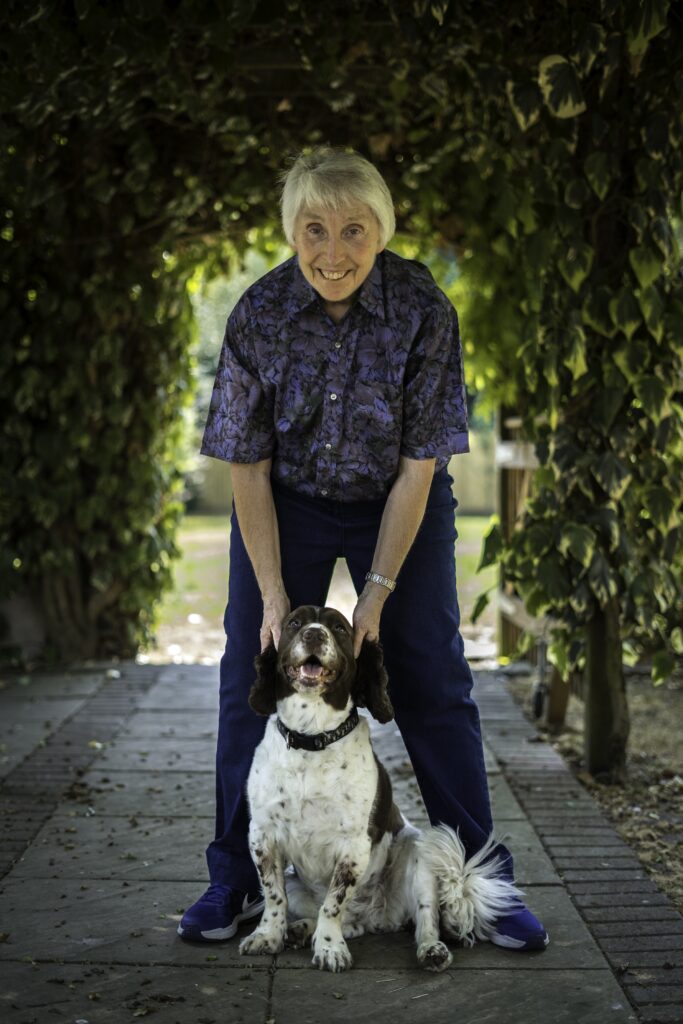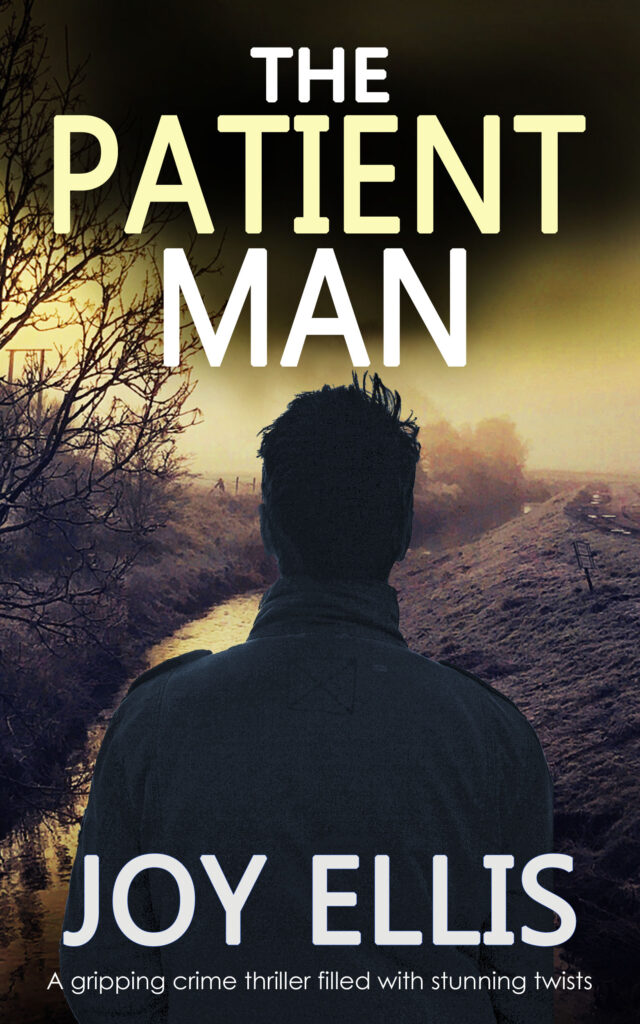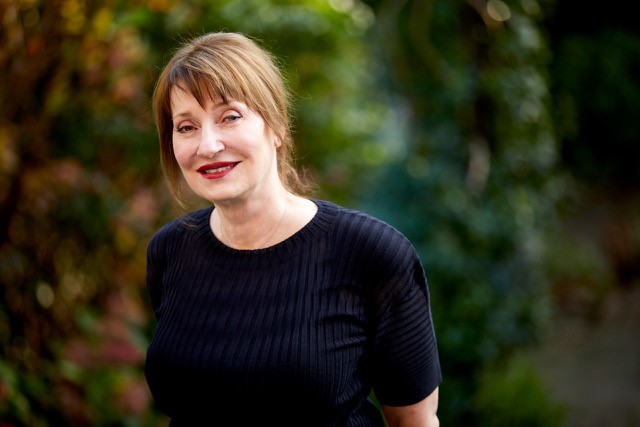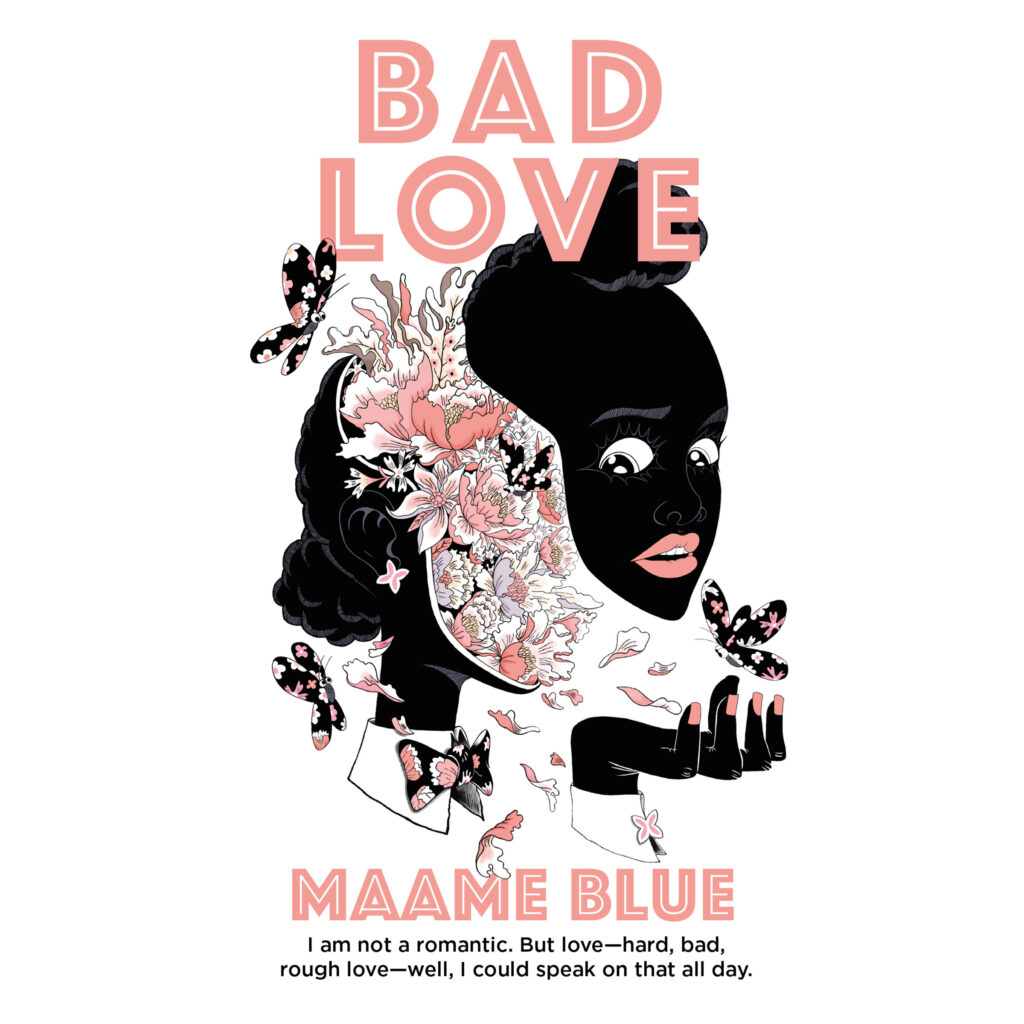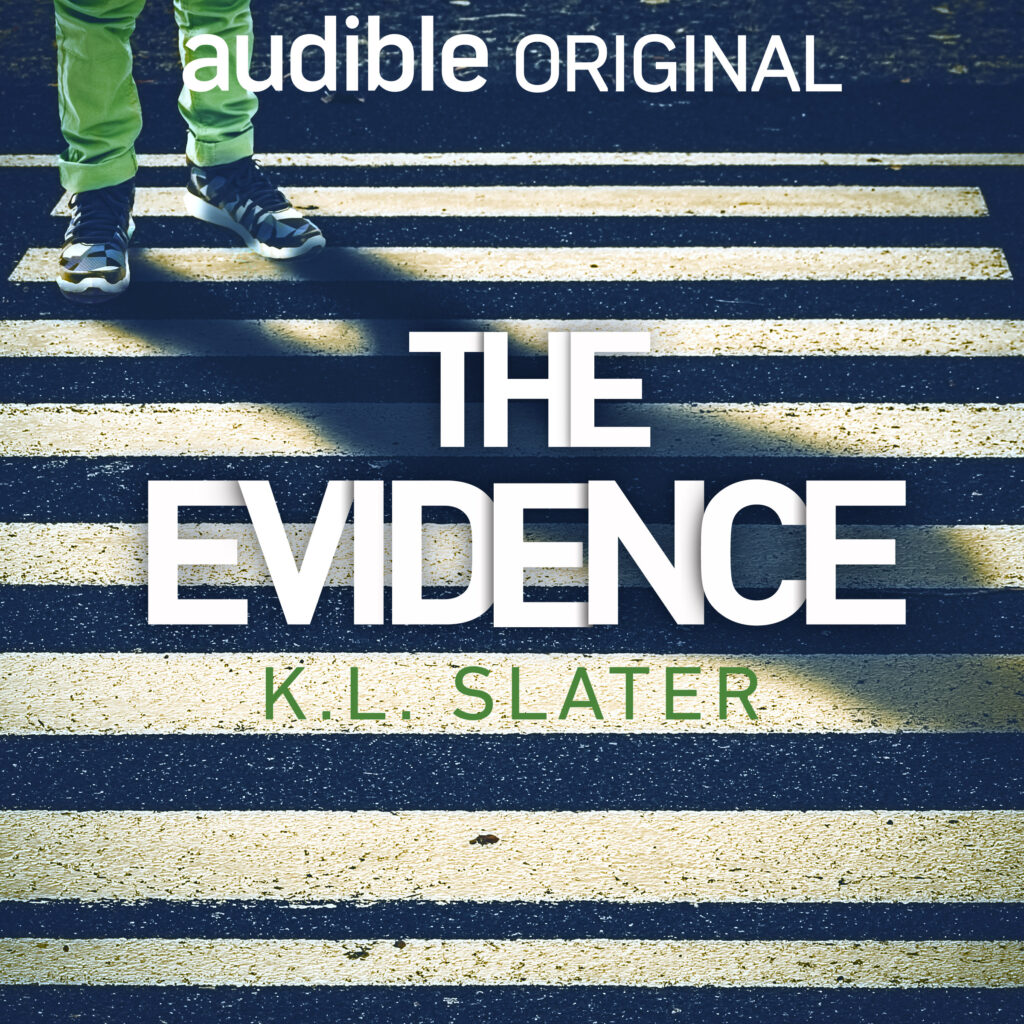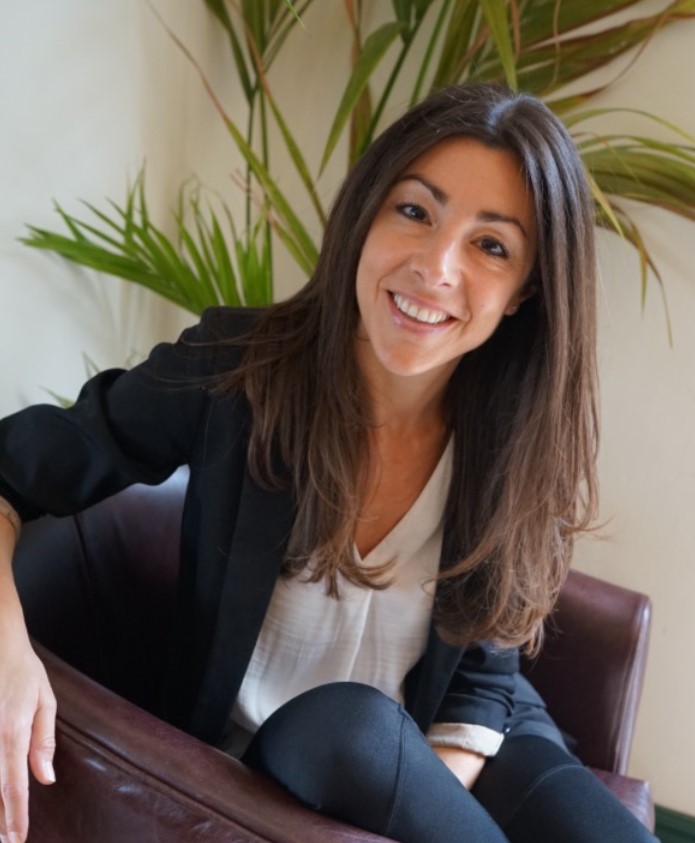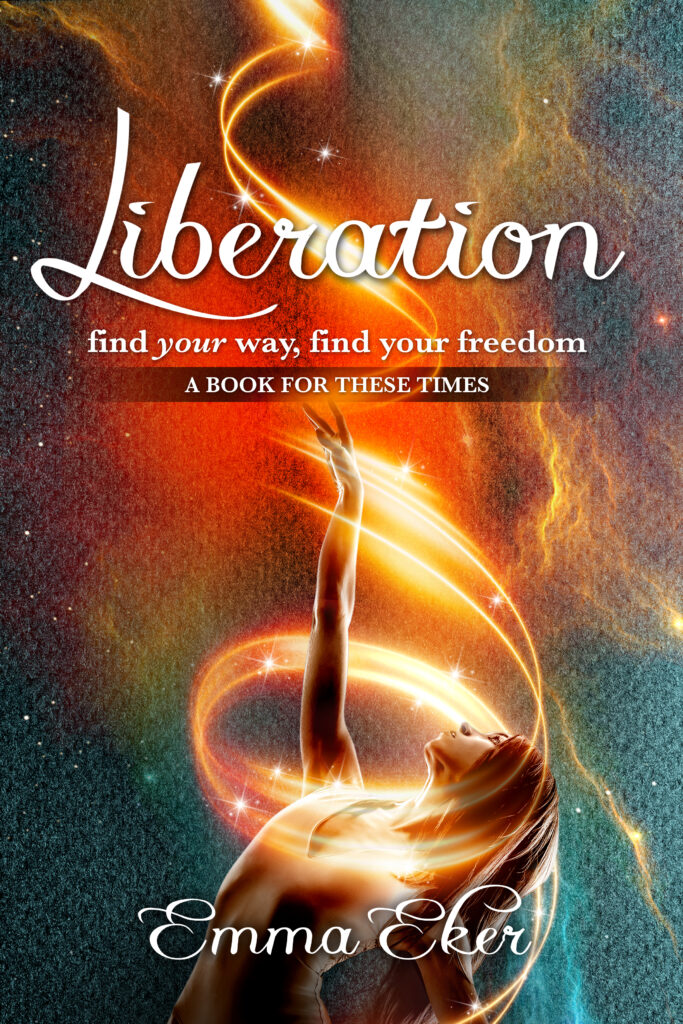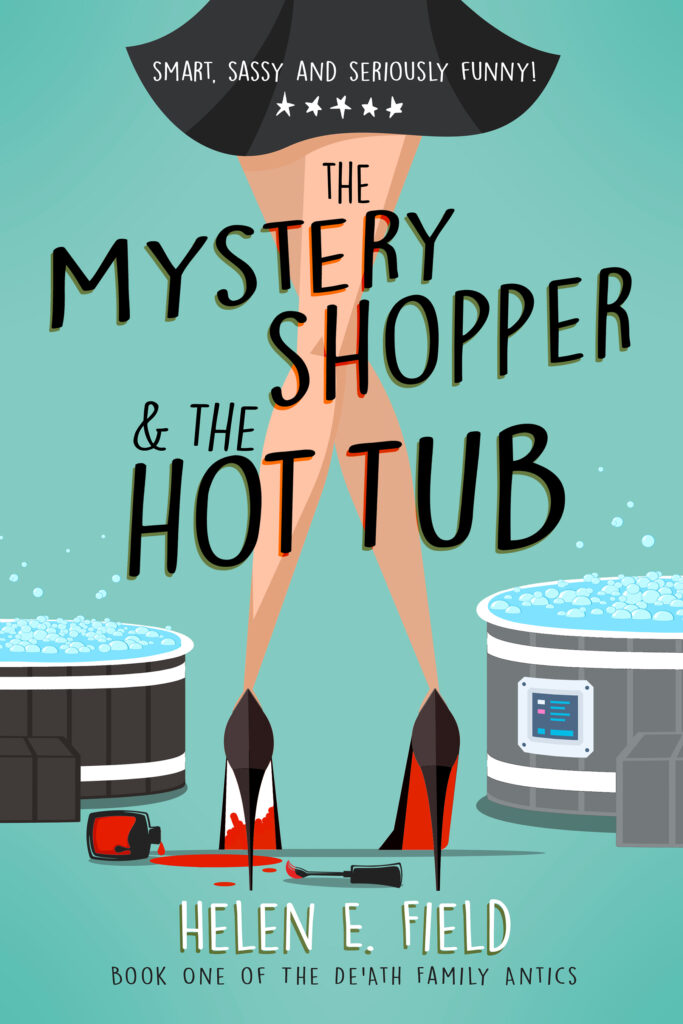 What you have written, past and present
What you have written, past and present
I am the author of eleven novels and one book of short stories, all of which have either been published or reissued by Arcadia and all of which I’m pleased (and proud) to say are currently in print.
I began my career writing plays for the radio and the stage, the former with more success than the latter, although I had a very happy experience writing The Volunteer for the National Youth Theatre in the 1980s. Meanwhile, my play, Magda, about Magda Goebbels and Eva Braun in Hitler’s bunker, is to be produced in Latvia this autumn. Nevertheless, I hate conflict in any form, and I learnt relatively early that such talents as I have are better suited to the reflective, discursive medium of fiction than to the more confrontational medium of drama.
What you are promoting now
The paperback edition of The Anointed, a novel about King David, narrated by his three most significant wives. The novel came out at the beginning of lockdown last April and, although sales were hit by the closure of bookshops, it was widely and well received, with the Evening Standard describing is as ‘#MeToo meets the Old Testament.’ That somewhat catchpenny phrase neatly sums up the book, in which three women, Michal, Abigail and Bathsheba, who are side-lined and almost totally silenced in the Bible, are given their voices and enabled to give their views of Ancient Israel’s greatest hero.
A bit about your process of writing
I am a ‘morning person’ and write from 6 or 7 am until 1 or 2 pm, with breaks for breakfast, herbal tea (and sugar-free biscuits!). I very rarely write in the afternoons, preferring to read, listen to music or see friends. Until last autumn, I worked as a theatre critic and spent three or four evenings a week in various auditoria. I’m slowly adjusting to the new rhythm of life.
Like many writers, including my hero, Marcel Proust, I write in bed. I always have done, since for me it offers the perfect mixture of freedom and constraint. In 2001, I suffered a severe back injury, which has left me slightly disabled, so lying, propped up by pillows, with my laptop carefully positioned, is my most comfortable position. Friends, who previously thought me self-indulgent and lazy, now think me practical and brave. A great relief!
Do you plan or just write?
I feel a mixture of awe and envy for anyone who does things that I can’t (from swallow-diving to fixing computer glitches). The same goes for writers who open a blank page (or a Word document) and write the first sentence of a novel, without having any idea of what the next will be. In my own case, I need to know the arc of a novel before I can start. Of course, the characters lead me in unexpected directions, and we all know what happens to the best-laid plans of mice and men. But I do need to have a plan in place, to be able to deviate from it creatively.
What about word count?
I pay no attention to word counts whatsoever, either in having to complete a certain quota every day or in requiring a book to be a certain length. Every novel is different. My longest, Of Men and Angels, is around 180,000 words, and my shortest, The Young Pretender (about the Georgian child actor, Master Betty, which is to be published next January) is 55,000. But the majority of my books, including The Anointed, are around 120,000 words.
How do you do your structure?
Structure is very important to me. It should say as much about the matter of a book as the story itself does. When I mentioned that I always had a plan before starting, I was referring to a structure rather than a plot. For The Anointed, I worked to a readymade plot for only the second time in my career (the first was A Sea Change, which tells of the ill-fated voyage of the St Louis, a ship taking almost 1000 Jewish refugees from Hamburg to Havana in 1939). The biblical Books of Samuel follow the course of David’s life from his gilded youth to his despotic old age, although, from my point of view, what they leave out was as important as what they put in.
Once I resolved to tell David’s story from the women’s perspective, everything fell into place. Michal, King Saul’s daughter, bears witness to his youth at her father’s court, his early military prowess, and his relationship with her brother, Jonathan. Abigail, a wealthy widow who facilitates his rise to power, knows him as a skilful (and ruthless) politician, prepared to betray his countrymen to the Philistines, and usurp his father-in-law’s throne. Bathsheba, the best known of the three (largely because her nude bathing has been a gift to painters down the centuries), encounters him in old age, raping and murdering at will and unable to control his children. Their stories intertwine and, at times, contradict each other, reflecting the many inconsistencies in David’s character.
What do you find hard about writing?
I could say ‘everything’, although that would be too glib and not entirely true. Ever since I published my first novel, The Celibate, in 1993, I have met people who tell me that they too would write a novel, if only they ‘had the time.’ I listen politely but wish that they had both more sensitivity and understanding of how hard a profession it is. It requires both self-discipline and self-confidence. It is a long, solitary process, at the end of which you can be harshly judged, both privately by friends and colleagues, and publicly by critics and readers. It isn’t manual labour but it is often utterly draining. If the writing is honest (as it should be), it can be very painful both for yourself and those to whom you are close.
What do you love about writing?
Once again, I could say ‘everything’ and, once again, I would have to qualify it. To be able to create a fictional world is a gift and to have the chance to share it with readers a privilege. Losing oneself in one’s work so that all outside concerns and distractions disappear is the most glorious sensation, bettered only by reading through one’s writing at the end of a chapter and not knowing the genesis of a particular incident or exchange but knowing that it is absolutely right.
The Anointed by Michael Arditti is out in paperback by Arcadia.


